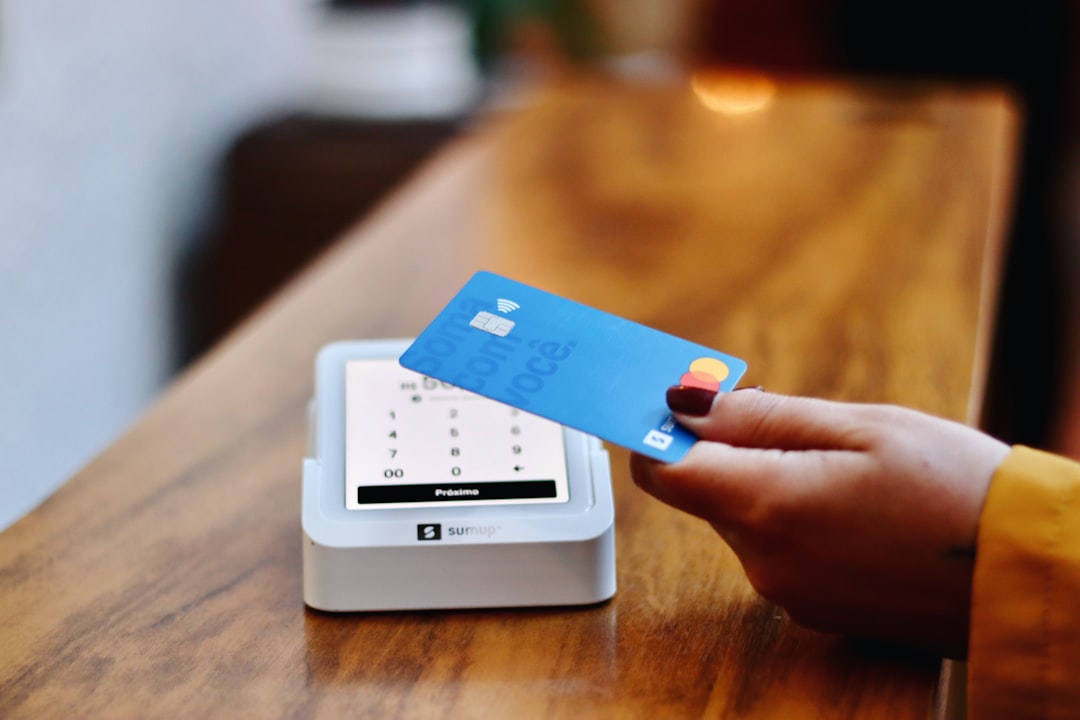As an informed consumer, monitoring your credit health is crucial. One common concern is whether checking your CIBIL score affects it negatively. In this article, we’ll delve into the nuances of CIBIL enquiries, exploring soft and hard inquiries, their impact on your credit score, and how you can navigate this landscape effectively. By understanding these aspects, you can make well-informed financial decisions and maintain a robust credit profile.
Understanding CIBIL Enquiries
What is a CIBIL enquiry?
A CIBIL enquiry occurs when an individual or a lending institution checks your credit report and score. These inquiries are recorded in your credit report and can be categorized into two types: soft inquiries and hard inquiries.
Soft inquiries
Soft inquiries happen when you check your own credit score or when a lender conducts a background check without your active application for credit. Examples include:
-
Checking your own credit score through platforms like the Airtel Thanks App
-
Pre-approved loan or credit card offers
-
Employer background checks
Soft inquiries do not affect your CIBIL score as they are not indicative of an active credit application.
Hard inquiries
Hard inquiries occur when you apply for a loan or credit card, and the lender pulls your credit report to assess your creditworthiness. These inquiries can impact your CIBIL score. Scenarios that trigger hard inquiries include:
-
Applying for a personal loan
-
Requesting a credit card
-
Applying for a mortgage or car loan
Multiple hard inquiries within a short time frame can signal financial distress to lenders, potentially lowering your credit score.
Impact of CIBIL Enquiries on Your Credit Score
Soft inquiries and your credit score
Soft inquiries have no bearing on your CIBIL score. Whether you check your own credit report or a lender conducts a soft pull, these actions do not affect your credit standing. In fact, regularly reviewing your credit report is a responsible financial habit that can help you identify errors or potential identity theft.
Hard inquiries and your credit score
Each hard inquiry can lower your CIBIL score by a few points, typically in the range of 0-5 points. However, the exact impact depends on your overall credit profile. If you have a lengthy credit history and a high credit score, a single hard inquiry may have a negligible effect. On the other hand, if you have a limited credit history or a lower score, hard inquiries can have a more noticeable impact.
It’s essential to note that while hard inquiries do affect your credit score, their impact is temporary. Hard inquiries typically remain on your credit report for two years but only influence your score for about a year.
Managing CIBIL Enquiries Effectively
Limit hard inquiries
To minimize the impact of hard inquiries on your CIBIL score, be strategic about your credit applications. Only apply for credit when necessary and avoid multiple applications within a short period. Before applying, assess your eligibility criteria to increase your chances of approval and limit unnecessary hard inquiries.
Leverage soft inquiries
Soft inquiries allow you to monitor your credit health without any negative consequences. Regularly check your credit score and report through trusted sources like the Airtel Thanks App. This practice enables you to track your progress, identify areas for improvement, and detect any suspicious activities.
Dispute inaccurate inquiries
If you notice any unauthorized or inaccurate hard inquiries on your credit report, promptly dispute them with the credit bureau. Provide supporting documentation to substantiate your claim. Removing erroneous inquiries can help restore your credit score.
Practice good credit habits
Maintaining a healthy credit score goes beyond managing inquiries. Adopt responsible credit practices such as:
-
Paying bills on time
-
Keeping credit utilization low
-
Maintaining a mix of credit types
-
Avoiding closing old credit accounts
By consistently demonstrating positive credit behavior, you can build a strong credit profile that can withstand the occasional hard inquiry.
Conclusion:
Understanding the impact of CIBIL enquiries on your credit score is a vital aspect of financial literacy. While soft inquiries, such as checking your own credit score, have no effect, hard inquiries from loan or credit applications can temporarily lower your score. By monitoring your credit report regularly, limiting hard inquiries, and practicing responsible credit habits, you can maintain a robust credit profile.
Remember, your credit score is a reflection of your financial health. Regularly checking your credit score and taking proactive steps to improve it can open doors to better loan terms, higher credit limits, and a more secure financial future. Embrace the power of knowledge and take control of your credit journey today.
FAQs:
-
How often can I check my CIBIL score without affecting it?
You can check your CIBIL score as often as you like without any negative impact. Checking your own credit score is considered a soft inquiry and does not affect your credit standing. -
Can I get a personal loan with a low CIBIL score?
While a higher CIBIL score improves your chances of loan approval and better interest rates, it is still possible to get a personal loan with a lower score. However, you may face higher interest rates or more stringent terms. -
How long do hard inquiries stay on my credit report?
Hard inquiries typically remain on your credit report for two years. However, their impact on your CIBIL score usually lasts for about one year. -
Can I remove hard inquiries from my credit report?
Legitimate hard inquiries cannot be removed from your credit report. However, if you identify any unauthorized or inaccurate inquiries, you can dispute them with the credit bureau and request their removal. -
How can I improve my CIBIL score?
To improve your CIBIL score, focus on timely bill payments, maintain low credit utilization, keep a mix of credit types, avoid closing old accounts, and limit new credit applications. Consistently practicing these habits can gradually enhance your credit score over time.


 Get App
Get App  Airtel Store
Airtel Store  Login
Login 


